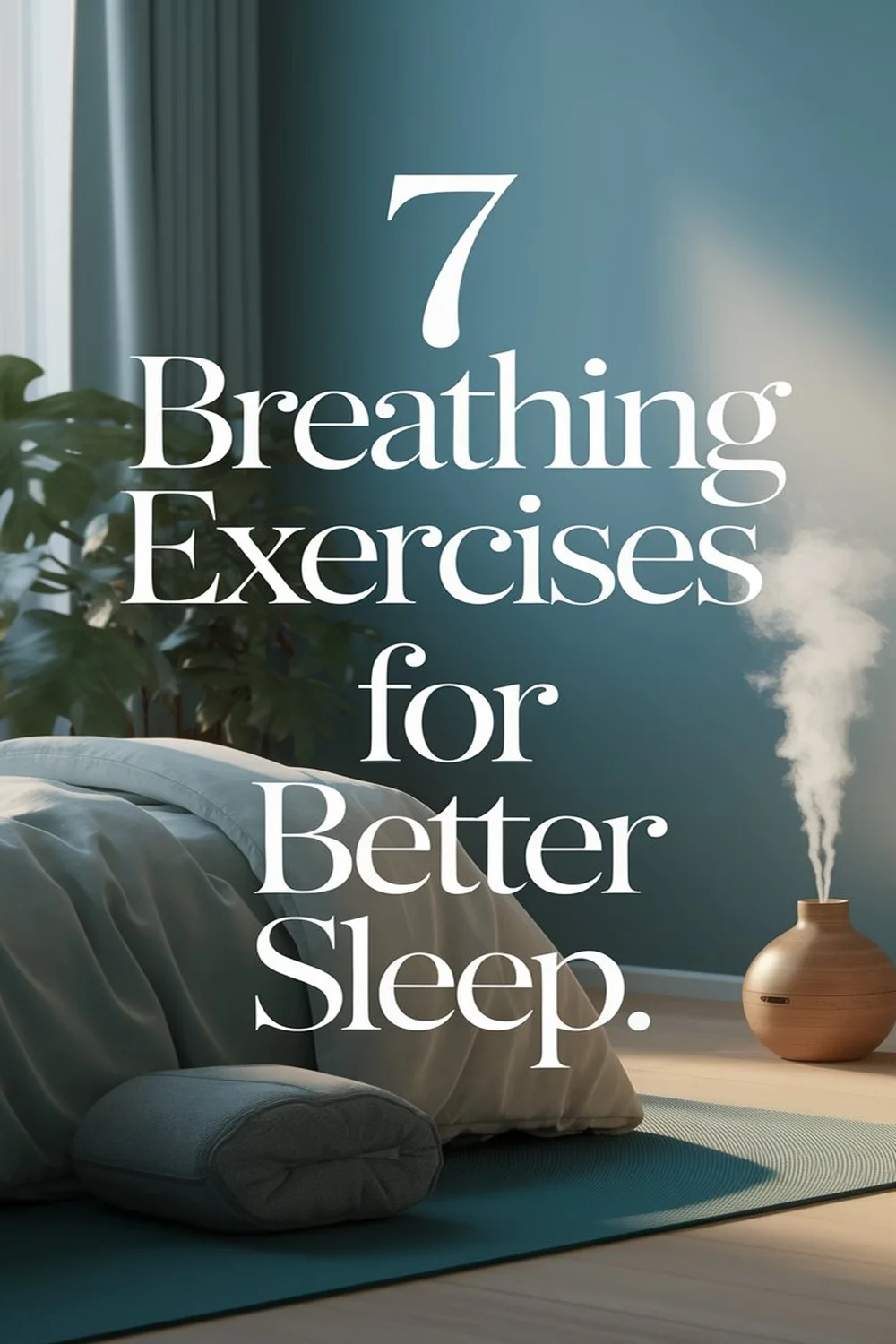Feeling tired all the time can stem from various factors. Lack of quality sleep disrupts your rest, while poor nutrition and dehydration sap your energy. A sedentary lifestyle and chronic stress also contribute to fatigue. Mental health issues and excessive caffeine intake can leave you feeling drained. Additionally, sleep disorders and nutritional deficiencies might hinder your vigor. Understanding these causes can empower you to make changes that boost your energy. There’s more to explore on how to combat fatigue effectively.
Lack of Quality Sleep
When you don’t get quality sleep, it’s no surprise that you feel tired during the day. Sleep isn’t just about the hours spent in bed; it’s about the depth and efficiency of that sleep. If you’re frequently waking up at night or tossing and turning, your body doesn’t enter the essential sleep stages it needs for recovery. This can lead to cognitive impairment, fatigue, and even mood swings. Poor sleep hygiene, like irregular sleep schedules or excessive screen time before bed, can exacerbate the issue. Creating a calming bedtime routine, reducing caffeine intake, and maintaining a comfortable sleep environment can greatly enhance your sleep quality. Prioritizing these changes can help you wake up refreshed and ready to take on the day.
Poor Nutrition Choices
While you might not realize it, poor nutrition choices play a significant role in how tired you feel throughout the day. When you consume a diet high in processed foods and sugars, your blood sugar levels spike and crash, leaving you drained. Skipping meals or relying on quick snacks can deprive your body of essential nutrients, leading to fatigue. You need a balanced diet rich in whole foods, including fruits, vegetables, lean proteins, and whole grains to fuel your energy levels. Staying hydrated is vital too; dehydration can make you sluggish. By making smarter food choices, you’ll provide your body with the energy it needs to stay alert and focused, helping you to combat that constant feeling of tiredness.
Recommended Items
Discover our top health and wellness essentials to help you combat fatigue and rejuvenate your energy!
Sedentary Lifestyle
A sedentary lifestyle can quietly sap your energy and leave you feeling tired more often than not. When you spend hours sitting, whether at work or home, your body becomes accustomed to low activity levels. This leads to reduced muscle strength, poor circulation, and even disrupted sleep.
Here’s a quick look at how your activity levels can affect your energy:
| Activity Level | Energy Impact |
|---|---|
| Sitting (most day) | Low energy, fatigue |
| Light movement | Slightly increased |
| Moderate exercise | Noticeable energy boost |
| Rigorous activity | High energy, alertness |
| Regular movement | Balanced energy |
Incorporating simple movements throughout your day can help restore your energy, making you feel more alert and engaged. So, get up and move!
Action Steps to Combat Tiredness
Chronic Stress
Chronic stress can drain your energy levels, leaving you feeling exhausted even after a full night’s sleep. When you’re constantly worried or overwhelmed, your body remains in a heightened state of alertness, releasing stress hormones like cortisol. This ongoing response can disrupt your sleep cycle, making it difficult to enter deep, restorative sleep. You might find it hard to focus, complete tasks, or even enjoy activities you once loved. It’s essential to identify your stressors and actively seek solutions. Incorporating relaxation techniques, such as mindfulness or deep breathing, can help lower stress levels. Prioritizing time for self-care, whether through exercise or hobbies, is imperative in reclaiming your energy and improving overall well-being. Don’t underestimate the impact of chronic stress on your life.
Dehydration
Dehydration can creep up on you before you even realize it, leaving you feeling fatigued and drained. When you don’t drink enough water, your body struggles to function effectively, impacting your energy levels. Even mild dehydration can lead to tiredness, headaches, and decreased concentration. It’s crucial to stay hydrated throughout the day, especially if you’re active or in a warm environment. You might not notice the signs immediately, but your body can lose around 1% of its water weight before it signals thirst. To combat dehydration, aim for at least eight 8-ounce glasses of water daily, or more if you exercise. Remember, hydration is key to maintaining your energy, so keep a bottle handy and drink regularly!
Underlying Medical Conditions
If you often find yourself feeling fatigued, it might be worth considering underlying medical conditions that could be affecting your energy levels. Conditions like hypothyroidism or anemia can sap your strength, making even simple tasks feel overwhelming. Sleep apnea is another culprit; if you’re not getting quality sleep, you’ll struggle to feel rested. Chronic fatigue syndrome might also be at play, draining your energy for months on end without a clear reason. Autoimmune disorders, such as lupus or rheumatoid arthritis, can trigger fatigue as your body fights itself. It’s essential to consult a healthcare provider for proper diagnosis and treatment if you suspect these issues. Addressing underlying medical conditions can greatly improve your energy levels and overall well-being.
Mental Health Issues
Feeling mentally drained can greatly contribute to your overall sense of fatigue, as mental health issues often intertwine with physical well-being. If you’re dealing with anxiety, depression, or stress, your body may respond by sapping your energy. These conditions can disrupt your sleep patterns, making it harder to feel rested.
When your mind is consumed by negative thoughts or worries, it’s tough to focus or engage in activities, which can drain even more energy. It’s important to prioritize your mental health—consider talking to a professional who can help you develop coping strategies. Implementing regular self-care practices, like exercise, mindfulness, or hobbies, can also boost your mood and energy levels, alleviating that persistent fatigue.
Excessive Caffeine Consumption
While caffeine can provide a much-needed boost when you’re feeling sluggish, excessive consumption can backfire, leaving you more tired in the long run. When you rely on caffeine to keep you awake, your body can build up a tolerance, requiring more and more just to feel normal. This constant cycle can disrupt your natural energy levels, leading to fatigue. Plus, too much caffeine can cause jitters, anxiety, and even disrupt your focus, which doesn’t help your overall productivity. If you’re consuming multiple cups of coffee or energy drinks daily, it might be time to reassess your intake. Try cutting back gradually; you might find that your energy levels stabilize naturally, leading to less exhaustion throughout the day.
Sleep Disorders
Sleep disorders greatly contribute to feelings of fatigue, often leaving you drained even after a full night’s rest. Conditions like insomnia, sleep apnea, and restless leg syndrome disrupt your sleep cycles, preventing restorative rest. It’s important to recognize the signs of these disorders so you can seek appropriate help. Here are some common indicators:
- Difficulty falling asleep or staying asleep
- Excessive daytime sleepiness
- Loud snoring or gasping during sleep
- Uncontrollable urges to move your legs
- Morning headaches or dry mouth
If you’re experiencing any of these symptoms, it might be time to consult a healthcare professional. Addressing sleep disorders can notably improve your energy levels and overall well-being. Don’t underestimate the impact of a good night’s sleep!
Nutritional Deficiencies
Nutritional deficiencies can sap your energy levels, leaving you fatigued even on days when you’ve had enough sleep. If you’re not getting enough iron, vitamin D, or B vitamins, your body can’t function at its best, leading to constant tiredness. Iron deficiency, for instance, can cause anemia, which results in decreased oxygen transport in your body. Likewise, low vitamin D levels can affect mood and energy. Incorporating a balanced diet rich in fruits, vegetables, whole grains, and lean proteins helps combat these deficiencies. Don’t forget to take into account hydration too; even mild dehydration can lower your energy. Taking a multivitamin may also be beneficial, but consult with a healthcare professional before making any significant changes. Prioritize your nutritional intake to reclaim your energy!











